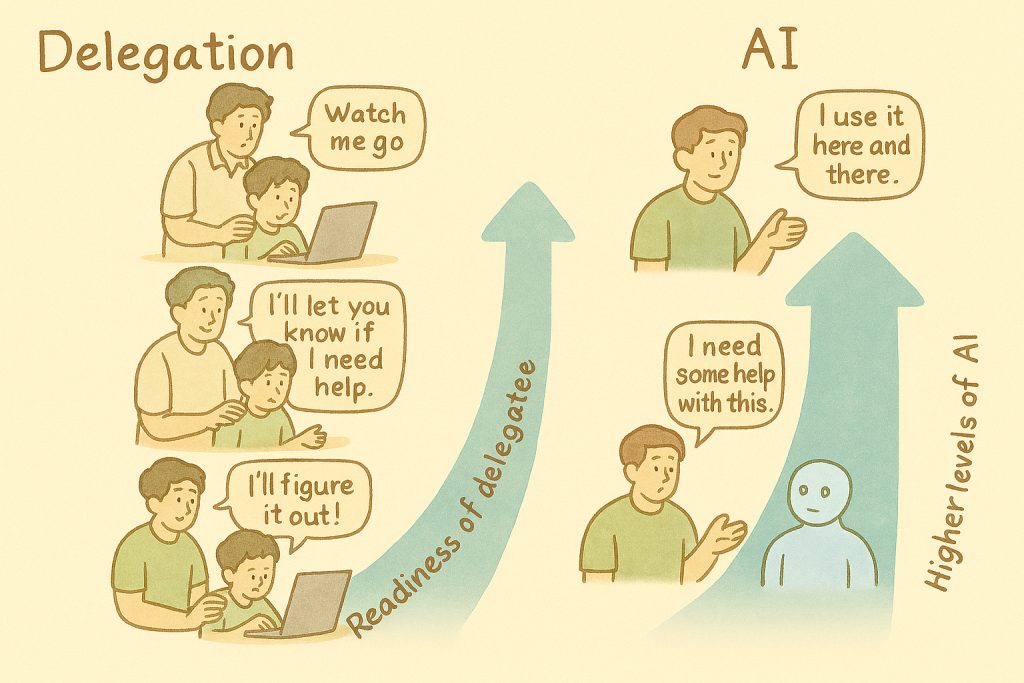We see a lot of articles on performance appraisal systems with a focus on the processes to be implemented and Dos & Don’ts while performing the exercise. Such articles cover many valuable points. While there is a lot of merit in learning such techniques, the system continues to be under-leveraged and abused in many large corporates.
More than 90% of the organizations use the output from the appraisal system directly to revise compensation. Many individuals, tend to read a lot about their performance from the revision in compensation, rather than from the objective feedback provided. The actual compensation changes, in terms of numbers, have more to do with the company/industry performance, competition in the job market and a whole lot of other factors external to the individual performance. So, however objective the feedback was provided, many valid observations and feedback are lost on the individual.
Another major fallout of linking appraisal and compensation is that compensation revisions are typically once a year. Just before the revision process, the appraisal documentation and discussion is performed. Consolidating and communicating the performance over a year in one meeting becomes academic and loses objective. The most impactful feedback is the one that is given when the observation is fresh and both the observer and the performer have a good recollection of the performance. So, if everyone is encouraged to provide feedback on a regular basis and the year-end exercise is more to consolidate all the observations made through the year, the actual objective of this exercise can be realized, else it remains a ritual.
An effective appraisal requires both an objective observer and a performer receptive to feedback. Most prevalent belief is that the observer is solely responsible for an effective appraisal. Again, there is an abundance of training available for setting goals, making objective observations, creating a conducive environment for conducting an appraisal session, being positive while communicating weaknesses (sorry, areas of improvements) etc. Systems tend to pile up all the responsibility on the observer. Whereas, for the performer, most training is focused on selling the merits of the appraisal system. At least in the Indian context, all through academics, the only feedback that anyone gets is the one derived from grades, one got in the exams. Qualitative feedback is not very common. Whereas the corporate performance appraisal systems are essentially qualitative. This change does not get understood easily by people who transition. Hence the tendency to equate compensation revision to performance is enhanced.
In summary, some simple suggestions towards making performance appraisals effective are:
- Delink the direct association of performance appraisal and compensation revision – by educating the revision process and its constituents to all. Transparency of the revision process creates better appreciation amongst employees.
- Implement a frequent feedback cycle, recorded through an easy to use tool/process. If shorter release cycles can be made a reality in software delivery, it should be simple to implement a similar approach in appraisal systems.
- Educate employees on how to objectively seek and receive qualitative performance feedback. Demonstrate the effect of implementing feedback based changes in behaviour/performance. Involve everyone in the process, cultivate a habit of objective observation of performance.
A well-practised performance appraisal system, which incorporates a timely and frequent feedback system is a sure way to success for both the individual and the organization.




